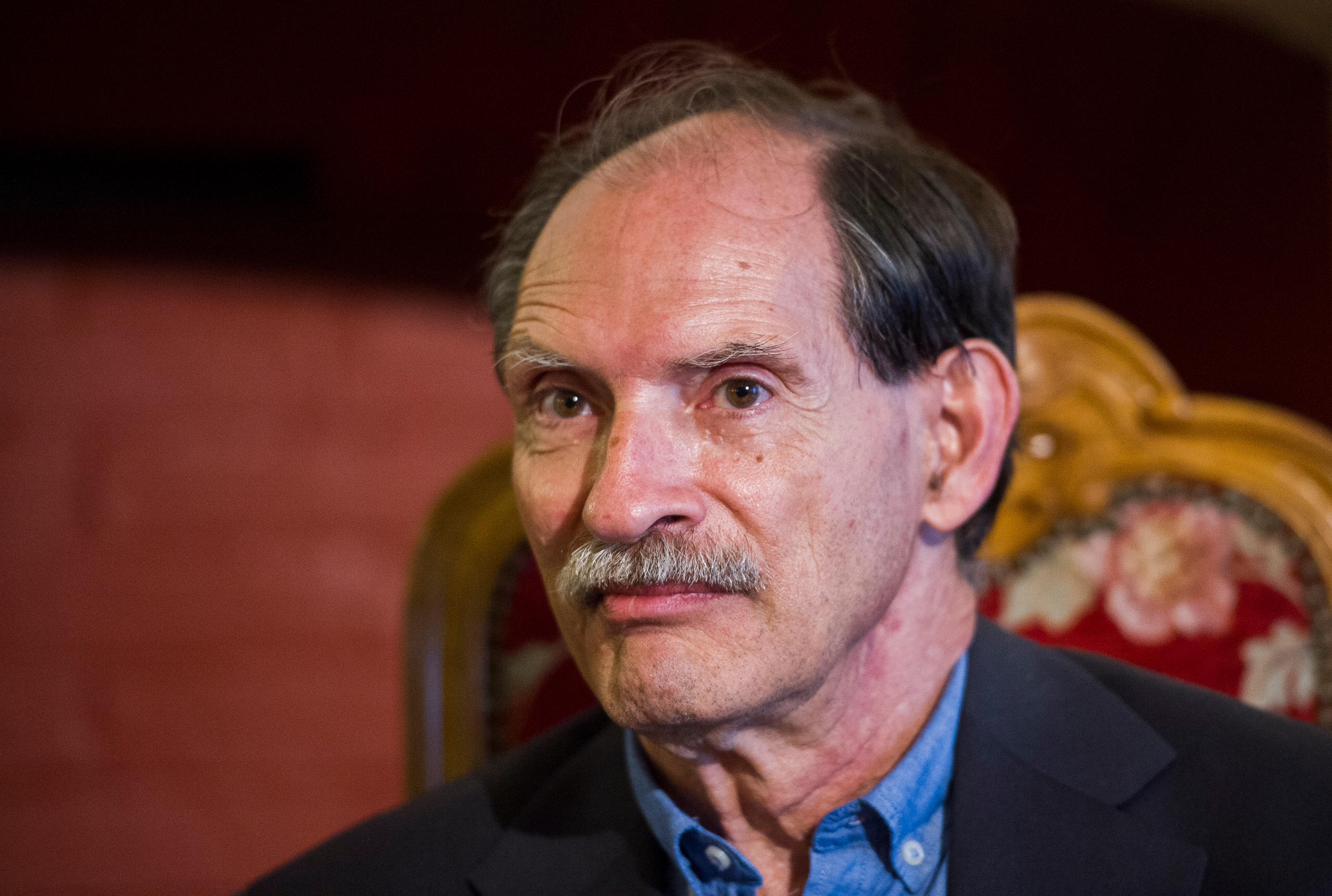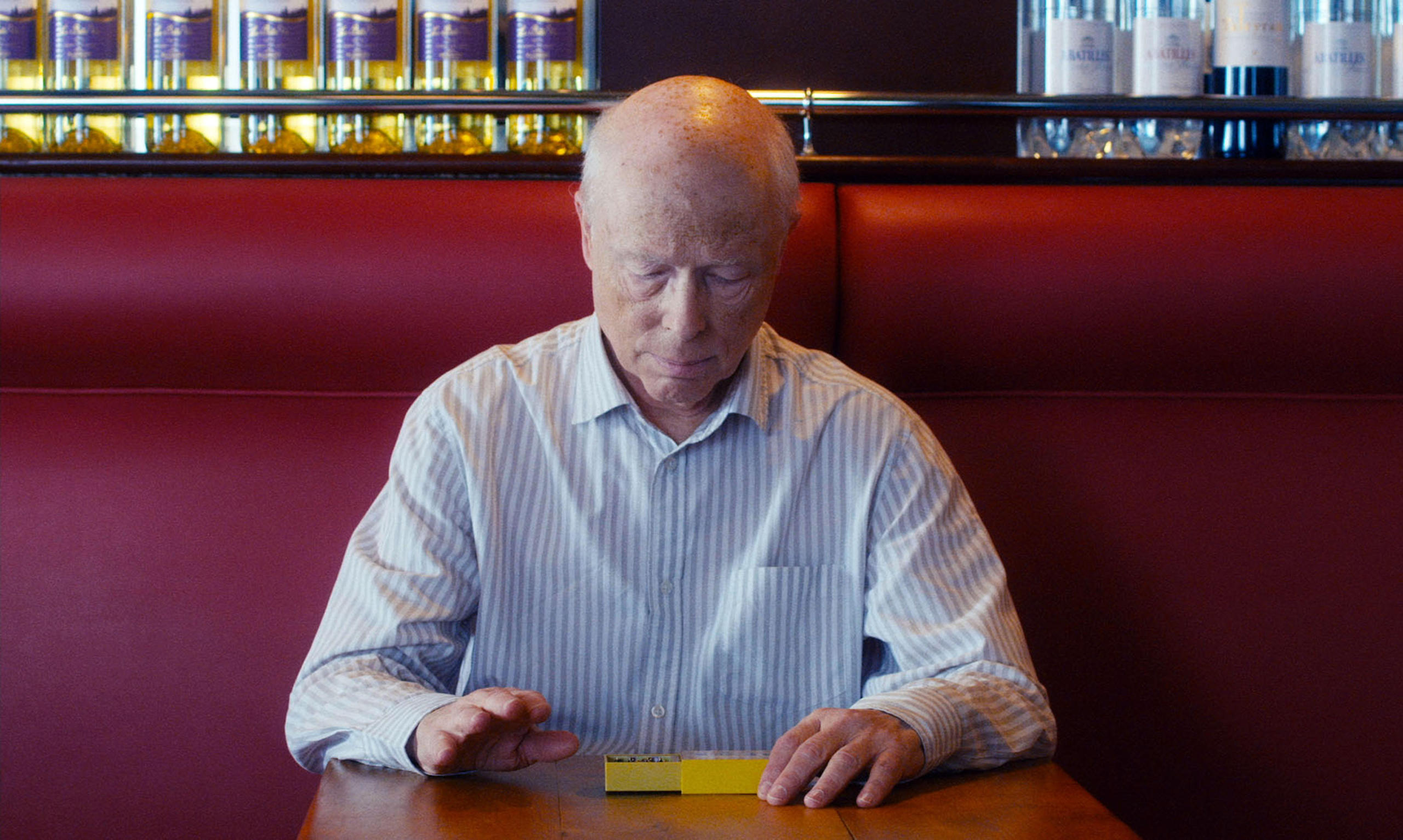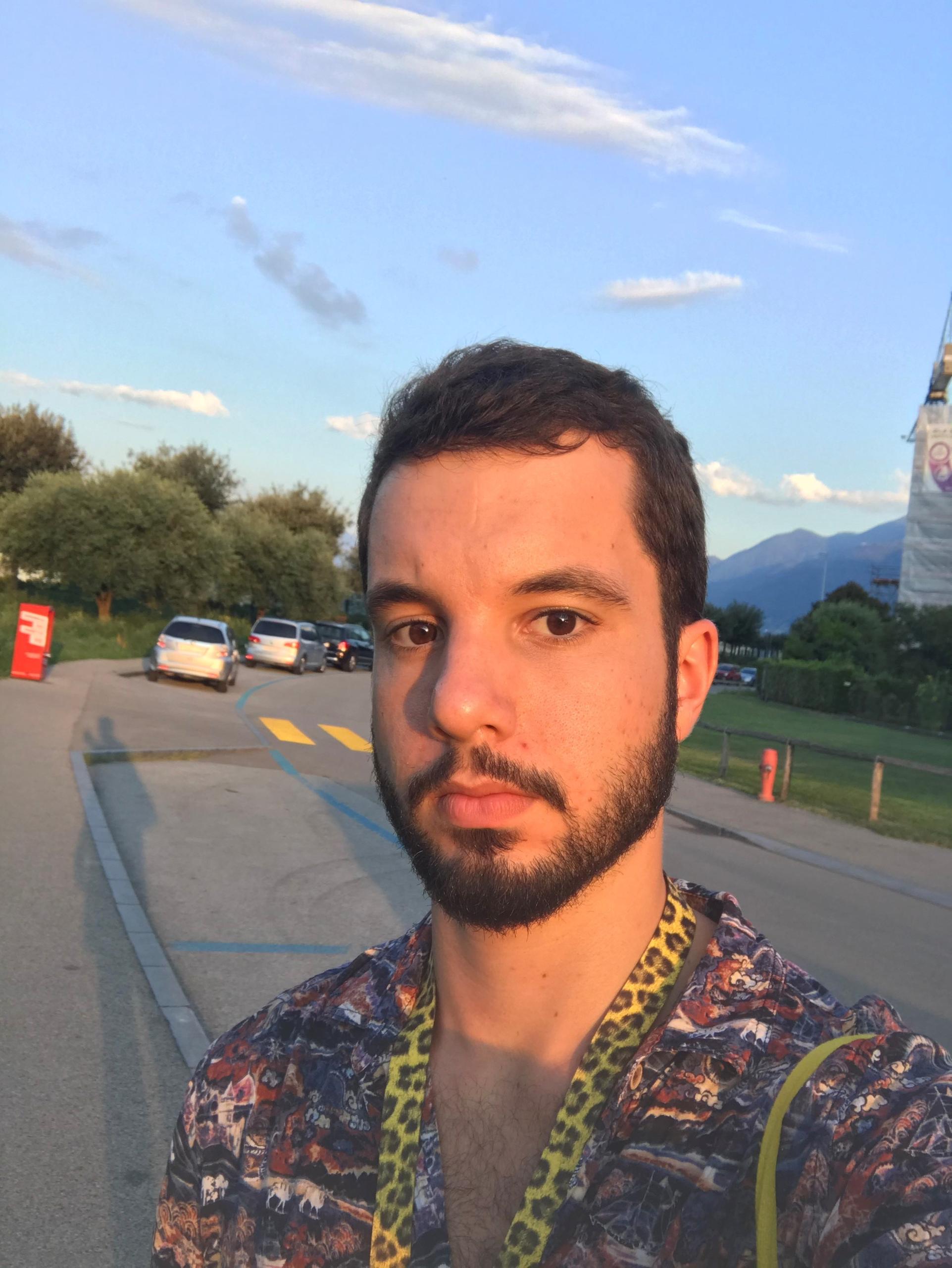
Stars of film criticism show how to keep apace with the changes in the industry

The Locarno Film Festival doesn’t attract only film stars. The crème de la crème of the film criticism world is also present at this year’s prestigious festival in southern Switzerland.
Film criticism is an old, ephemeral activity which has always adapted to its territory. As Serge Daney, a legendary film critic for the French magazine Cahiers du Cinéma, once said, the critic needs to be aware that, once published, his text may be used to wrap up fish in a market. That was when newspapers were printed solely on paper; nowadays they tend to simply disappear once online.
This year the 75th edition of the Locarno festival saw the presence of three of the most distinguished masters of the ephemeral art of film criticism. Bernard Eisenschitz (France), Laura Mulvey (UK) and Miguel Marías (Spain) shared their deep knowledge with the audiences who attended a Douglas Sirk retrospective and masterclasses with young critics and writers, including the Locarno Critics Academy.
Miguel Marías, 75, former director of the Filmoteca Española (Spanish Film Archives), expressed his great optimism about the profession which, in his words, is based on “unabashed curiosity and historical knowledge”.

The critic is a hungry animal, able to digest all kinds of films and art forms, and then establish comparisons between works, drawing up the contexts in which they were made, and helping the reader to see the many layers behind every moving image.
While on the lookout for “the next big thing” or “pearls” in modern French cinema, for example, the critic needs to be aware of what is being produced in this country, in this particular production environment, to point out the exceptions, deviations and highlights, said Marías.
Conversations
Bernard Eisenschitz, meanwhile, is one of the most respected film critics in France and beyond. He organised the Douglas Sirk retrospective in Locarno and is the author of the book Douglas Sirk, né Detlef Sierck, launched at the Festival.

The history of cinema, says Eisenschitz, is an on-going process. Film criticism is not just about good writing but also conversations. Exchanging ideas is just as important as taking notes. Critics need to constantly migrate from one discipline to another, and from one language to another, he comments.
In a debate with Marías, he disagreed in part with his Spanish colleague, saying that “historical context is important, but sometimes exaggerated”. To which Marías replied, in a playful tone, that “conversation [in critical dialogue] is amazing, but it is also awful because it shows that you’re lost”.
The underlying lesson here is the importance of listening to other people and considering different points of view that you don’t necessarily have to agree with. You don’t even have to say whether a movie is good or not. As an example, Marías explains that he didn’t like The Passenger (1975), a seminal film by Michelangelo Antonioni, featuring Hollywood star Jack Nicholson. Despite this, he couldn’t stop thinking about the film for about a year – a quality that makes the film even more meaningful, he says.
Changes of perception
In the male-dominated film criticism world – something that is actually changing – Laura Mulvey cuts an impressive figure. She is regarded as one of the most important feminist theorists of cinema. Mulvey is the author of Visual Pleasure and Narrative Cinema (1975), compulsory reading for anyone interested in film criticism.
She highlighted three key turning points that changed her perception as a film critic. The first was when she fell in love with Cahiers du Cinéma in the early 1970s and its articles on American cinema. The ideas developed by the French magazine struck numerous chords with the feminist theories that were important to her.

The second came with the arrival of the VHS cassette, and later of DVD – a time of discovery and experimentation with the remote control that allowed you to pause, fast forward and rewind films. The third, and most recent, is the rise of video essays, says Mulvey. These new critical formats allow her to explore isolated fragments of a film. For the British critic, digital technology marks a turning point in the power of the viewer over the film.
In her masterclass, Mulvey presented one of her own video essays about Douglas Sirk’s Imitation of Life (1959). This is one of Sirk’s masterworks, the melodramatic story of a black woman and her daughter, from a white father, who tries to hide her blackness in her social circles.
Mulvey’s ideas were put into practice when analyzing the first four shots of Imitation of Life going back and forth in sequence at different speeds, highlighting the social, racial and gender relations transparently arranged in the scenes.
This format is more subjective than plain writing, says Mulvey, but it still offers critical analytical tools, namely the story, the idea and the documents, with which we must dig into the past and take a deeper dive in the research. But in the end, after we open and dissect a movie, we need to close it, returning to what it is: an entertaining experience.
Edited by Mark Livingston/sb
From the Locarno Critics Academy

Gabriel Linhares Falcão is a Brazilian film critic, curator, and researcher, focused on experimental cinema, Jacques Rivette and Eric Rohmer. He collaborates with the magazines El Cine ProbablementeExternal link External link(Mexico) and Revista LimiteExternal link (Brazil), and is tutor of cinema courses at Universidade Federal Fluminense (UFF, Rio de Janeiro – Brazil). You can also follow his blog Belo é o SentimentoExternal link.
Since 2018, SWI swissinfo.ch has partnered with the Locarno Critics Academy, a parallel programme for young critics and writers from all over the world, offering a platform to publish their work during the festival. Many of the participants have become regular collaborators.

In compliance with the JTI standards
More: SWI swissinfo.ch certified by the Journalism Trust Initiative

























You can find an overview of ongoing debates with our journalists here . Please join us!
If you want to start a conversation about a topic raised in this article or want to report factual errors, email us at english@swissinfo.ch.